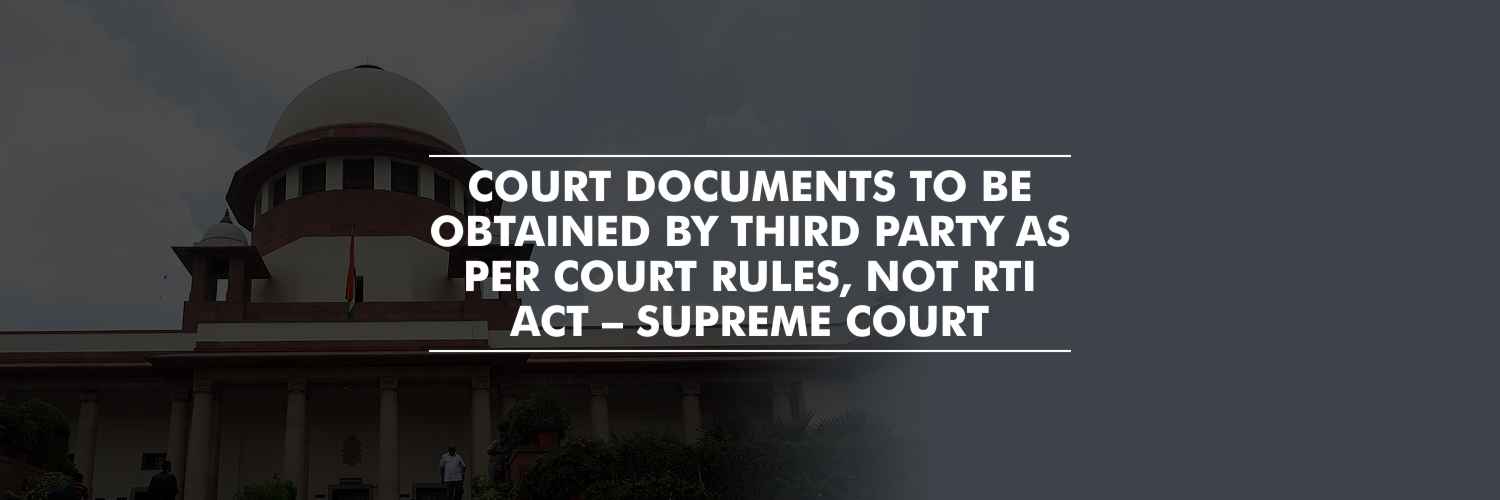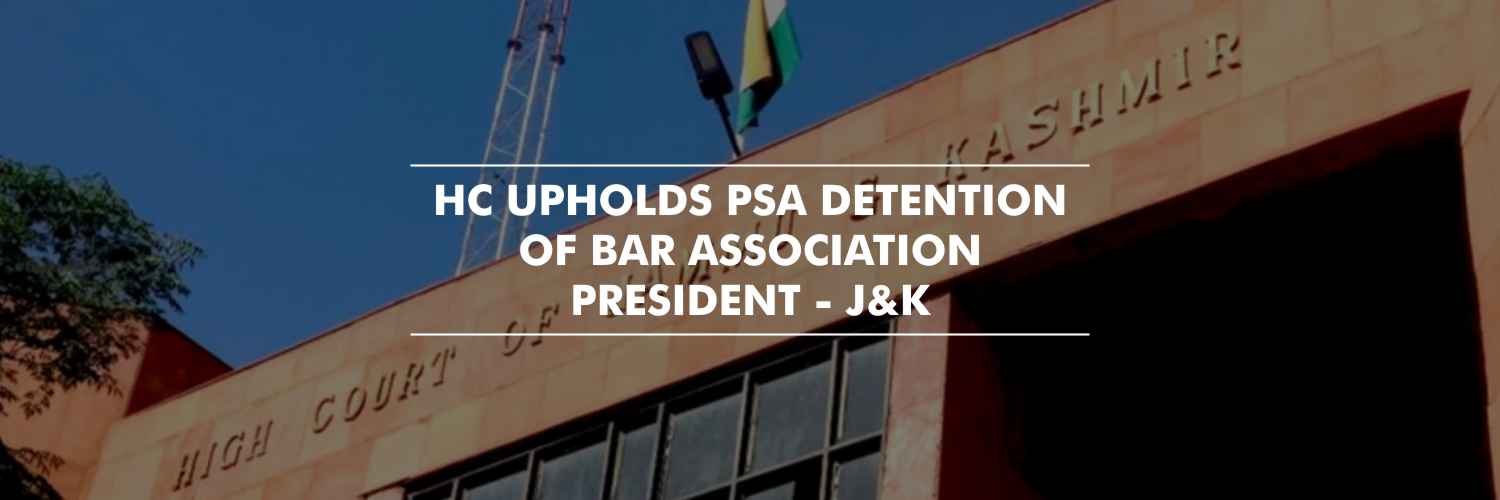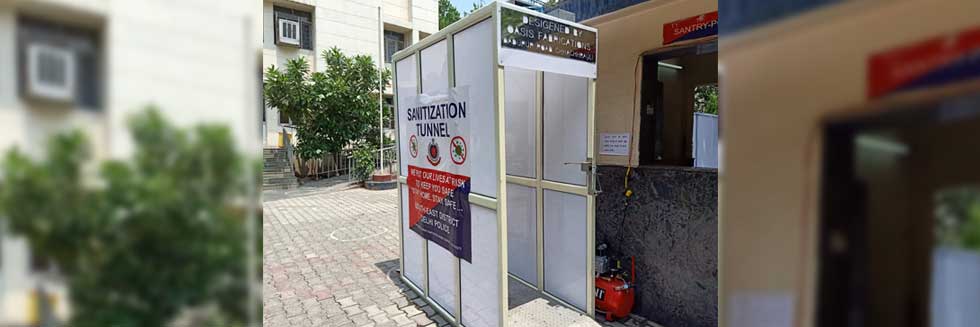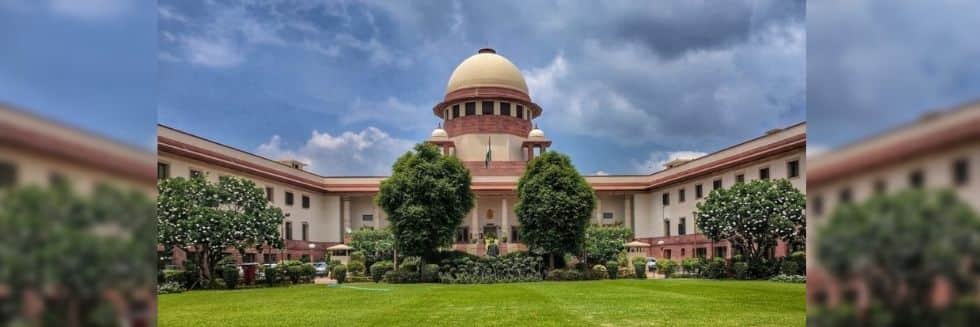The Supreme Court on 4 March, administered that the Right to Information Act would not apply when it comes to third party access to court documents, such as copies of judgments and pleadings. It further ruled that the same documents can be obtained only if court rules permit on the judicial side.
The bench comprising of Justices R Banumathi, A S Bopanna, and Hrishikesh Roy upheld Rule 151 of Gujarat High Court Rules, which allows access to certified copies of judgments, orders, and pleadings to a third-party or those not party to a case only under the order of an officer of the court. It further held that judicial information cannot be obtained by third parties as a matter of right.
“In the absence of inherent inconsistency between provisions of the RTI Act and other law, overriding effect of RTI Act would not apply,” stated the top court.
As per the court rules, on the filing of an application with prescribed court fees stamp, litigants are entitled to receive copies of documents/judgments, etc. The registrar, on being satisfied with the reasonable cause for seeking the information/certified copies of the documents, allows access to the documents.
“The information held by the High Court cannot be permitted by the third party to have access to such personal information of the parties or information given by the government in the proceedings, in order to avoid misuse of the court process and the information” stated the bench.
“So far as the third parties are concerned, as of right, they are not entitled to access the information/obtain the certified copies of documents, orders and other proceedings,” added the apex court bench.






